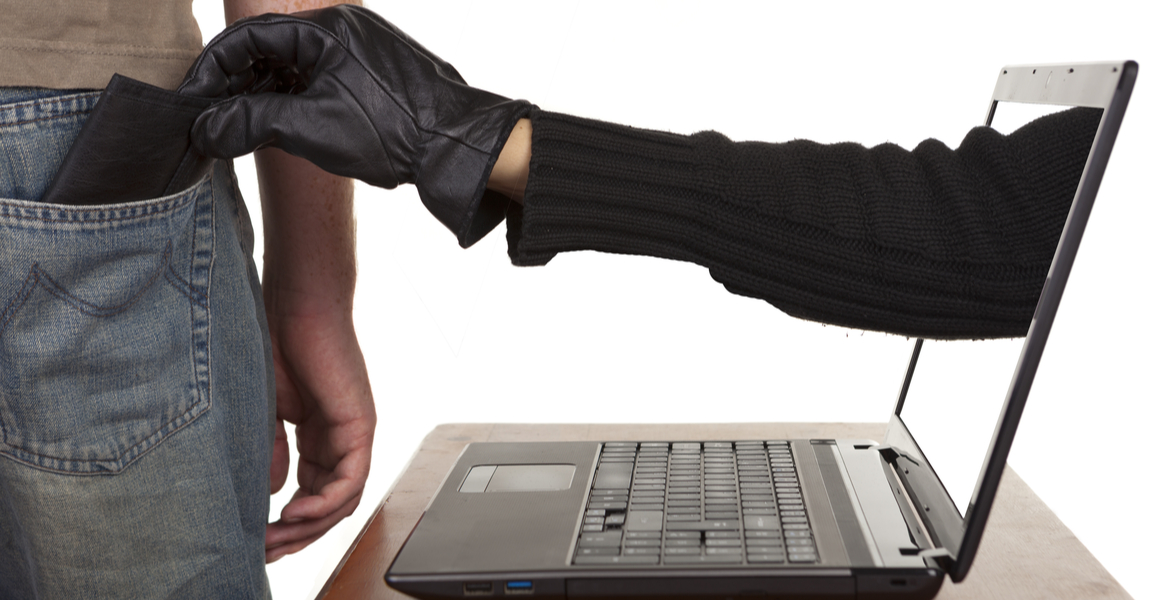
Beware of COVID-19 contact tracing scams
Tuesday, June 23, 2020
As the novel coronavirus continues to make its way back and forth across the country, scams related to COVID-19 continue to multiply. Fake contact tracing has added to the growing list of ways to take advantage of people.
Oklahoma has been seeing a spike in the number of cases of the virus as businesses begin to open up across the state, said Cindy Clampet, Oklahoma State University Extension assistant resource management specialist.
“One of the provisions of the federal CARES Act allows state health departments to hire what are called ‘contact tracers’ in an attempt to help slow the transmission of the virus,” Clampet said. “We have about 600 contact tracers in Oklahoma.”
A contact tracer will contact the person who has tested positive and ask about recent social contacts at work, travel and special events, as well as interactions with family and roommates. Clampet said the tracer will also gather information regarding the infected person’s health and symptoms, and in return, provide information on how to quarantine, socially distance and test further.
A legitimate tracer will not ask for any information that can be used for identity theft, such as social security numbers, bank account/routing numbers, insurance, credit card numbers, Medicare/Medicaid numbers, the ability to pay for testing/treatment or similar details.
“Unfortunately, as we’ve seen in the past, scammers already are coming out posing as contact tracers,” she said. “Because contact tracers will be around for the foreseeable future, it’s important for the public to know what the contract tracers can and cannot do.”
The first clue is that a real tracer is not allowed to give out information about the identities of other people.
“If you receive a call and the caller names the person you were exposed to, this is a clear sign the caller isn’t a legitimate contact tracer. These scammers also are using text messaging and email as means of contacting unsuspecting people,” she said.
A typical scam goes something like this: An online email suggests that someone who came in contact with you has tested positive for COVID-19, so you should self-isolate and get tested. Then the trap beckons: “Click here for more information.”
“Whatever you do, don’t click the link,” Clampet said. “It could download harmful malware onto your device that allows the scammer to access person and financial information that can be used to steal money and your identity.”
Another variation on the scam involves a smartphone app that provides information about the infection rate in the local area. The app promises an alert if you’re close to a person who is a positive carrier of COVID-19.
“If you see an advertisement for this app or receive information via email, don’t download it. Any app you want to download on your phone should be done through your app store,” she said.
Those who receive what appear to be fraudulent email messages should simply delete them. Clampet also suggests:
- Use multifactor authentication which requires two or more credentials to login to your account.
- Enable auto-updates for your operating system.
- Back up data on personal devices regularly to avoid losing valuable information in case of malware or ransomware.
Other new scams people are now dealing with are false charity groups or individuals asking for donations for people hurt by riots or the economic shutdown. These may show up as a GoFundMe or other account which makes it easy to click and donate.
“Do your homework and research the group or person raising the money before clicking to donate,” Clampet said. “Even if the information on the site fits with your beliefs and values, the person who set it up could be a scammer looking to make a fast buck. It’s important to do your research.”
More COVID-19 information is available online from OSU Extension.
MEDIA CONTACT: Trisha Gedon | Agricultural Communications Services | 405-744-3625 | trisha.gedon@okstate.edu
